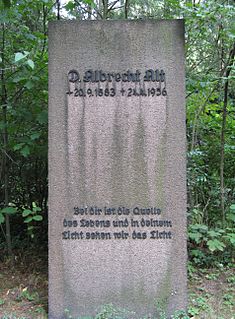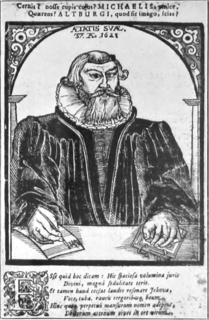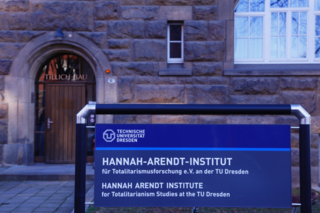Publications
(not a complete list) [3]
Monographs
- Alfred Fellisch 1884–1973. Eine politische Biographie. Böhlau Verlag, Köln/Weimar/Wien 1999, ISBN 3-412-13599-2.
- mit Stefan Donth: Die Partei der Diktaturdurchsetzung. KPD/SED in Sachsen 1945–1952. Böhlau Verlag, Köln/Weimar/Wien 2002, ISBN 3-412-07702-X.
- Doppelt verfolgt. Das widerständige Leben des Arno Wend. Vorwärts-Buchverlag, Berlin 2009, ISBN 3-866-02077-5.
- Der Fall Mutschmann. Sachsens Gauleiter vor Stalins Tribunal. Sax-Verlag, Beucha/Markkleeberg 2011, ISBN 3-867-29090-3.
Collaboratively
- with Michael Rudloff: Geschichte der Sozialdemokratie im Sächsischen Landtag. Darstellung und Dokumentation 1877–1997 (= Beiträge zur Geschichte der Arbeiterbewegung. Band 40). Kommunikation Schnell, Dresden 1997, ISBN 3-000-02084-5.
- with Michael Rudloff: „Solche Schädlinge gibt es auch in Leipzig“. Sozialdemokraten und die SED. Peter Lang, Frankfurt am Main 1997, ISBN 3-631-47385-0.
- mit Andreas Wagner: Von Macht und Ohnmacht. Sächsische Ministerpräsidenten im Zeitalter der Extreme 1912–1952. Sax-Verlag, Beucha 2006, ISBN 3-934-54475-4.
- Totalitarismuskritik von links. Deutsche Diskurse im 20. Jahrhundert (= Schriften des HAIT. Band 34). Vandenhoeck & Ruprecht, Göttingen 2007, ISBN 3-525-36910-7.
- with Michael Richter, Thomas Schaarschmidt: Länder, Gaue und Bezirke. Mitteldeutschland im 20. Jahrhundert. Mitteldeutscher Verlag, Halle (Saale) 2007, ISBN 3-898-12530-0.
- with Christine Pieper, Gerhard Naser: Braune Karrieren. Dresdner Täter und Akteure im Nationalsozialismus. Sandstein Verlag, Dresden 2012, ISBN 3-942-42285-9.
Edited by...
- Richard Löwenthal: Faschismus – Bolschewismus – Totalitarismus. Schriften zur modernen Weltanschauungsdiktatur (= Wege der Totalitarismusforschung des HAIT. Band 1). Vandenhoeck & Ruprecht, Göttingen 2009, ISBN 3-525-32600-9.







